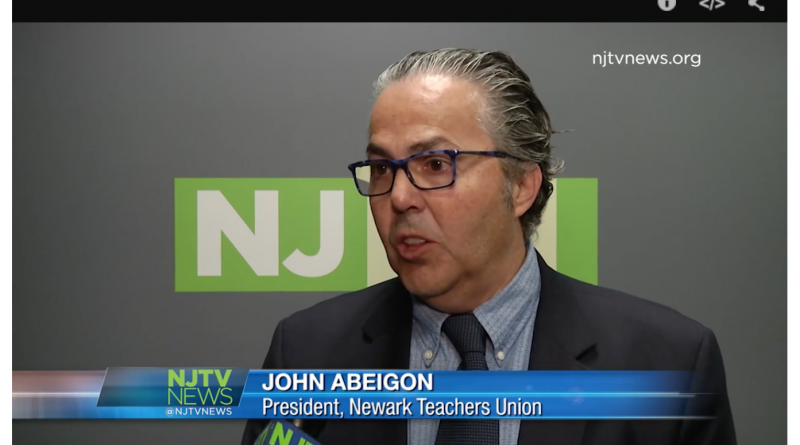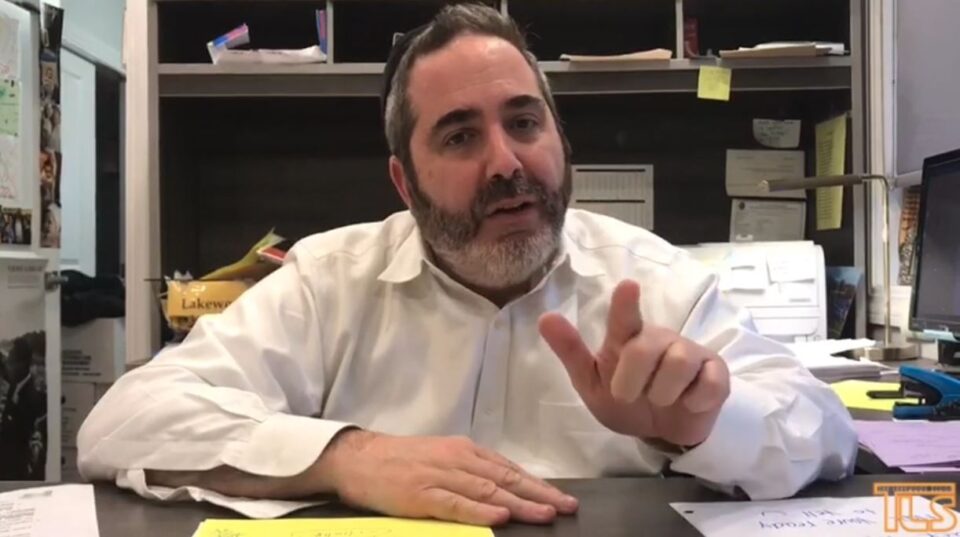Are Teacher Unions in a “Terrible Situation” or in the Catbird Seat on Standardized Testing Issues?
April 21, 2015Save Our Schools-NJ to Parents on PARCC Boycotts: Don’t Worry, Be Happy. Or Not.
April 22, 2015Upper-Class Suburbia and Its Discontents with PARCC
Laura McKenna, author of the recent Atlantic article “What Happens When Students Boycott a Standardized Test? “ (April 9th), describes herself as a typical New Jersey suburban mom caught in a statewide, student-led rebellion against the brave new world of PARCC assessments. I am a New Jersey suburban mom too and, like her, well-versed in the politics of school standards and assessments. I admire McKenna’s work, particularly another article she wrote for the Atlantic called “Suburbia and its Common Core Conspiracy Theories,” so I was disappointed that her analysis of N.J.’s provincial rebellion against standardized PARCC assessments contains a number of factual and conceptual errors.
In that earlier Atlantic article, McKenna says she lives in “in a middle-class suburb outside of New York City” that is considered “the capital of white suburban moms.” I live in a middle-class suburb in New Jersey too but we might as well live in different worlds. In my town there are no “mass boycotts” of PARCC tests and there are no high school students “eating bagels in town—and gleefully texting…about their fun morning” while their classmates suffer the ignominy of assessment. Our local district’s refusal rate is about 3%. And more than half of our district’s students aren’t white.
Demographics aside, McKenna’s history of the opt-out “movement” in N.J. is just flat-out wrong. I have no way of knowing if the seed germinated, as she claims, from “a small number of parents expressing diverse concerns.” (Parents in N.J. aren’t known for their reticence and grassroots mythology is overplayed.) But here’s what’s certain: the fertilizer for the seed came not from parents or students but from NJEA, N.J.’s primary teachers’ union. McKenna says that union leaders were initially supportive of new testing guidelines that linked student test outcomes to teacher evaluations but then they “reversed” their support upon the passage of N.J.’s 2012 teacher tenure law. That’s backward: the law’s passage, which NJEA endorsed, preceded this increased hostility toward standardized testing. She says that “students themselves have been largely responsible for the opt-out surge,” but there’s nary a comment from a student in the article or any documentation to support her theory. Just her own “typical” experience.
NJEA leaders play a relatively small role in McKenna’s narrative arc: they simply articulate parent concerns, pass the ball to students, and run a few ads. In fact, NJEA used $15 million of members’ dues for a major market TV campaign and maintain an evangelical anti-PARCC website. The union also offers a variety of devotional online material: scripts for teachers to use to prompt parents to opt their kids out of tests, questions for parents to ask school boards, graphics that ascribe the implementation of standardized tests to the Koch Brothers, and instructions for creating opt-out groups.
McKenna also posits that one of the problems with N.J.’s PARCC implementation was that “education leaders failed to put forward one concise justification for these tests” and instead had several concise justifications for these tests. For example, she writes, some said that new tests “would provide parents with better information” while “others said” that “the test generated nationwide data on schools that could then be used to better inform public policy.” Surely educational initiatives can have more than one justification and surely us suburban New Jerseyans can understand multiple effects.
But my biggest gripe is McKenna’s representation of herself as a typical N.J. mom when, in fact, she writes the article from a position of privilege. In her blog she admits that “this [opting out of PARCC] is really only happening in wealthy suburbs.” But this important insight didn’t make it into her Atlantic article and its absence distorts her thesis.
As part of its conversion therapy, NJEA maintains a list of opt-out numbers in order to urge parents to “join the crowd.” Montclair, where the median household income is $160K, has a sky-high 42% opt-out rate. But in nearby Newark the rate is under 2%. Trenton, one of N.J.’s poorest urban school districts, had an opt-out rate, according to NJEA, of .01% while ten miles away in well-heeled Princeton half of high school students opted out. Princeton’s school superintendent told the Wall Street Journal that “many of the juniors were focused on Advanced Placement courses, SATs and college preparation, he said, and unconcerned with state exams that, while technically mandatory, aren’t required for graduation.”
And that’s the key to McKenna’s myopic analysis of New Jersey’s “mass boycott”: it’s not a middle-class phenomenon but an upper-class one. Parents of rich kids, especially high school students who, until 2019, aren’t required to take PARCC tests to graduate, are filling out test refusal forms. Parents of poor kids, most middle-class ones too, don’t have that luxury.
(There are a few exceptions. Delran, for example, a working-class school district in Burlington County, has relatively high opt-out numbers because its NJEA unit released a “massive position statement” opposing PARCC tests, sponsored numerous “opt-out” events, and was honored for its militancy by a visit from NEA President Lily Eskelsen Garcia).
The opt-out phenomenon in New Jersey is largely one of class stratification and union politics. If enough parents opt-out their kid, then N.J.’s ability to disaggregate data and provide compensatory resources to needy schools is undermined. In addition, N.J.’s new tenure law, which this year ties 10% of student test results to teacher evaluations, is sabotaged and that’s what stokes NJEA’s evangelical fervor.
Do assessments disrupt classroom instruction? Are some tests redundant or too stressful? Can we more gracefully integrate instruction and assessment? These are all worthy questions. But cogent answers rely on a clear understanding of the testing landscape and the motivations behind the opt-out efforts. McKenna’s article doesn’t clear that bar.





1 Comment
You clearly do not understand what the refusal movement is about. This has zero to do with unions and everything to do with parents doing what is best for their children's education. Non test subjects, OT, PT, and speech have taken a severe hit as well. No amount of pro PARCC pieces that you or any other organization writes will quell the nationwide uproar against the insane abuse of these standardized tests. In PA alone, 6th graders take over 60 assessments in one year! These tests are disruptive to the learning of our children. Teaching has essentially come to a stand still from February to June. Special ed students and ELL are severely affected by the poor design of the tests. We will not be shamed, bullied, or silenced as we exercise our constitutional God given right to direct the education of our children. It's a shame that you refuse to acknowledge with respect, those who don't ascribe your ideology. This refusal movement is by no means astroturf as now in NJ there are four anti PARCC bills and on the federal level something similar. What side of history will you be on?